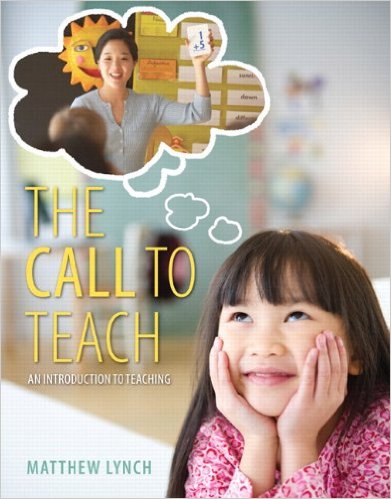Waivers, Blueprints and Reform: The Future of Educational Policy

Kids are taught from infancy that every person is special – that each child has his or her own talents and strengths to bring the world. Yet K-12 education policies tell a very different story by implementing blanket assessments and declarations that do not take the individuality of learning into account. How can today’s students be expected to recognize their strengths when they are all treated as one collective group by educators and policy makers?
Reforming NCLB. The Obama administration has made it perfectly clear that plans to redesign the latest version of the Elementary and Secondary Education Act because it has “reinforced the wrong behaviors in attempting to strengthen public education.” The current version of the law, No Child Left Behind, is already five years past its reauthorization date and the Obama camp believes that the “pass-fail, one-size-fits-all” mandates deter full learning potentials by punishing students and schools that miss their goals. Any spirited argument of NCLB has those who enthusiastically agree, or vehemently disagree, with the President. What is not up for debate is that NCLB is outdated and does not adequately meet the needs of the American K-12 student population.
In 2010, the administration proposed a Blueprint for Reform of the Elementary and Secondary Education Act that addressed the problems with NCLB and also made recommendations for closing the achievement gap. There has been no official move by Congress to modify and authorize NCLB, so the administration has moved forward with a system of granting waivers to states, and even individual districts, that can come up with a better plan for addressing their own weaknesses in teaching and learning outcomes. NCLB has provisions that allow exactly what the President and his education advisors have done in the way of waivers, making it possible for schools to take control of their learning experiences to meet the needs of their unique student bodies.
A look at NCLB waivers. In 2011, President Obama said that his administration would grant NCLB waivers to specific states that provided rigorous plans to benefit K-12 learning in their communities. As of last week, all but nine U.S. states have been approved for these waivers, along with the District of Columbia and some districts in California. Many of the districts that have been approved for ESEA flexibility have a heightened teacher evaluation system in place that is meant to override Obama’s goal of 100 percent student proficiency in math and reading by 2014.
Just this month eight individual California school districts were granted waivers with the idea that each one would create customized plans that take local influences into account. The eight districts banded together when the state of California decided against requesting ESEA flexibility for this school year. Each NCLB waiver is different. For example, the Colorado Department of Education was approved for a waiver of the 14-day notice requirement to inform parents of public school choice in 2009, while in the same year Hawaii was given a one-year waiver of the requirement to spend 20 percent of its fiscal yearly spending on choice-related transportation.
In the Colorado waiver documentation, the state agreed to still provide public school choice notices to improvement districts. In Hawaii’s application, the governing educational bodies of the state agreed to use the funds released by the waiver to fund specific student needs based on data. In all of the waiver requests, states were required to carefully craft their requests and provide a reasonable alternative. The idea of individual states and districts asking for control over their student directives when it comes to achievement is a smart one that makes up for some of the flaws of NCLB. Every student population is different so one federal mandate regarding assessment can never work for every district, school or student. Even with the NCLB waivers, individual K-12 students are grouped together but at least the waiver makes specificity of assessment and teaching a little bit more possible.
Future of educational policy. Waivers are a step in the right direction when it comes to policy reform simply because they give states and districts a voice in the teaching, learning and assessments processes. Even a complete overhaul of NCLB would mean applying monotonous standards to a diverse K-12 student population, assuming that it included federal mandates again. Giving more power to individual districts, right down to specific schools, is really the right way to address the needs of custom student bodies. But would accountability suffer if there were less demands from the top?
What should be included in educational policy reform to truly benefit the next generation of K-12 students?
Click here to read all our posts concerning the Achievement Gap.



